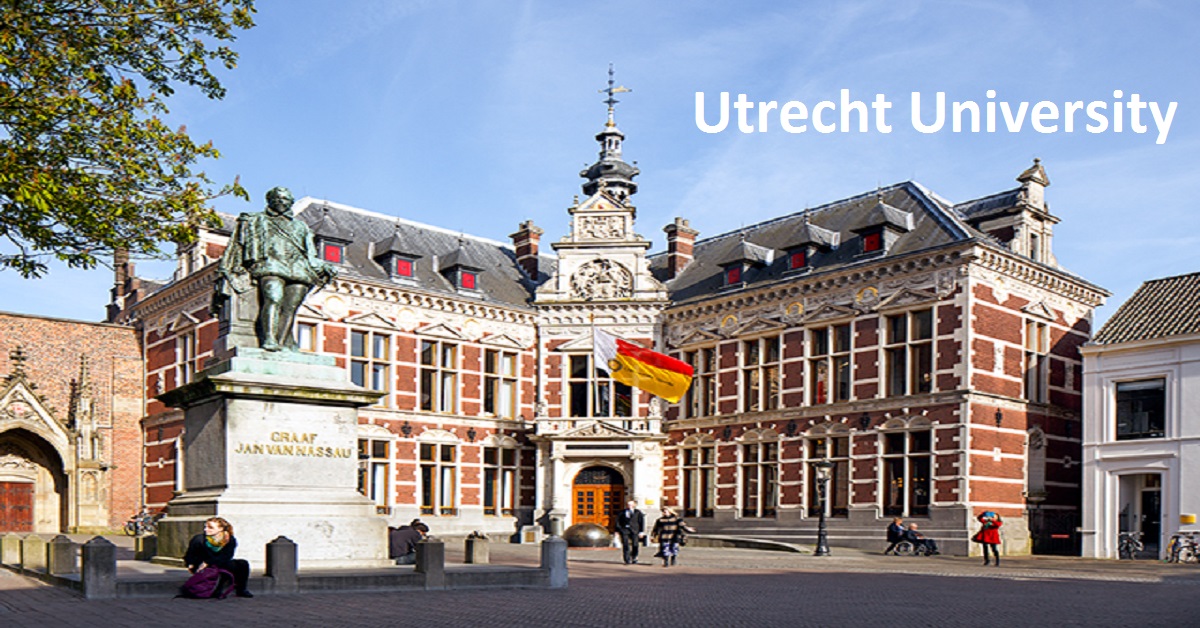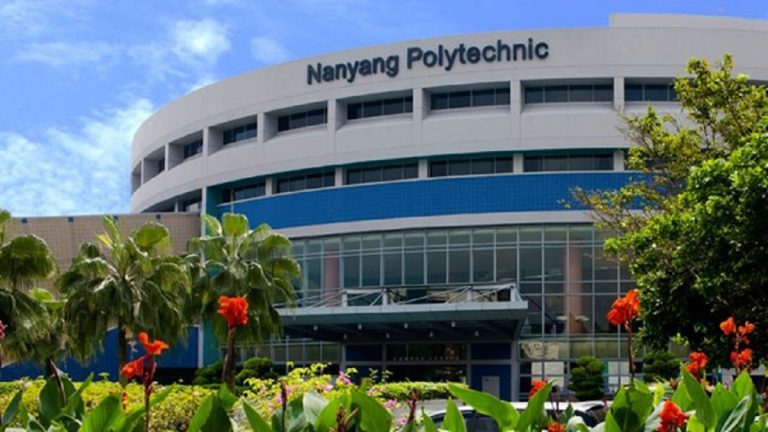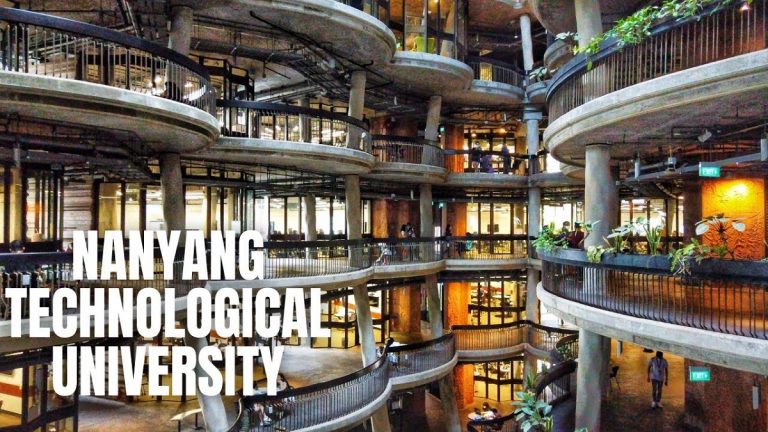
Job description
The Toxicology Division at the Institute for Risk Assessment Sciences
(IRAS) stands as a leading group in research and teaching within neuro-, endocrine, and immunotoxicology, along with exposure assessment. Our mission is to enhance the scientific foundation of chemical risk assessment through fundamental and applied innovative research and teaching in predictive and mechanistic toxicology. We are currently seeking two dedicated, ambitious, and creative PhD candidates to contribute to these objectives and strengthen our Toxicology Division.
Recently, we secured funding for 2 PhD candidates from two HORIZON Europe projects: 1. ENDOMIX and 2.EDC-MASLD. ENDOMIX will delve into the immunotoxic effects of Endocrine Disrupting Chemicals (EDCs) on human health, concentrating on exposure to multiple EDCs throughout the life course. EDC MASLD will focus on the effects of EDCs on Metabolic dysfunction Associated Liver Disease (EDC-MASLD).
- For ENDOMIX, your work will be centred in our immunotoxicology group, investigating the cellular and molecular mechanisms of action of toxic substances on the immune system. Research will aim to comprehend how mixtures of EDCs target the immune system and initiate, worsen, or perpetuate immune system-related diseases. Testing will involve assessing the effects of EDC mixtures on (innate) immune responses using intestinal models (intestinal culture models, i.e., stem cell organoid models of different species), the nematode C. elegans (with a focus on innate immune responses of the intestinal tract), and human peripheral blood mononuclear cells (PBMC).
- For EDC-MASLD, you will work in the endocrine toxicology research group, examining the molecular and epigenetic mechanisms of the onset of MASLD, utilising zebrafish as a model. The research involves establishing a MASLD model using transgenic zebrafish, employing state-of-the-art transcriptomics and epigenomic analyses to assess the impact of EDCs on MASLD. Additionally, confocal imaging techniques and bioinformatics analyses will be used to link mechanisms to phenotype and conduct complex mixture exposures.
Both projects entail collaboration within a European consortium of researchers, providing an exceptional opportunity to conduct PhD studies in a multidisciplinary research environment, involving experts from the fields of toxicology, medicine, and social sciences.
Qualifications
As a new colleague, you are expected to be a motivated and collaborative team member with excellent verbal and written English communication skills. Initiative, the ability to work independently and in a team, and openness to collaboration across scientific fields (e.g., endocrinology, neurology) are essential.
- For ENDOMIX, we seek a PhD candidate with a background in immunology (specifically inflammation responses) and a keen interest in toxicology. Experience with cell culture techniques (e.g., IPSC, organoids), immunological techniques (flow cytometry, ELISA, etc.), cellular imaging, C. elegans work, and data analyses is desirable.
- For EDC-MASLD, we are looking for a PhD candidate with a background in biology or biomedical sciences with experience in zebrafish research (preferably Article 9), a strong interest in toxicology, and an affinity with bioinformatics. Experience with confocal microscopy is preferred, along with experience in biomolecular techniques, including histology.
Offer
We offer:
- a position (0.8-1.0 FTE) for 1 year, with an extension to a total of four years upon successful assessment;
- a full-time gross salary between €2,770 in the first year and €3,539 in the fourth year of employment in scale P of the Collective Labour Agreement Dutch Universities;
- 8% holiday bonus and 8.3% end-of-year bonus;
- A pension scheme, partially paid parental leave, and flexible employment conditions based on the Collective Labour Agreement Dutch Universities.
In addition to the employment conditions
from the CAO for Dutch Universities, Utrecht University has a number of its own arrangements. These include agreements on professional development
external link, leave arrangements, sports and cultural schemes external link and you get discounts on software and other IT products. We also give you the opportunity to expand your terms of employment through the Employment Conditions Selection Model. This is how we encourage you to grow. For more information, please visit working at Utrecht University external link.
About the organisation
A better future for everyone. This ambition motivates our scientists in executing their leading research and inspiring teaching. At Utrecht University
, the various disciplines collaborate intensively towards major strategic themes
external link. Our focus is on Dynamics of Youth, Institutions for Open Societies, Life Sciences and Pathways to Sustainability. Sharing science, shaping tomorrow external link.
The Faculty of Veterinary Medicine
has a unique position in the Netherlands. Not only is this the only institution where veterinarians are trained, researchers are also working together on innovative scientific research. Furthermore the faculty delivers expert clinical care at the University Animal Hospital
external link. Thanks to this position, the Faculty of Veterinary Medicine is a point of contact for all veterinary matters, both nationally and increasingly internationally. The faculty employs approximately 900 veterinarians, scientists and support staff and counts 1,500 students. It is is located at Utrecht Science Park external link, near the historical city centre external link of Utrecht.
Additional information
Additional information about the vacancy for ENDOMIX can be obtained from Dr. Raymond Pieters
at [email protected]. Information on EDC-MASLD can be obtained from Dr. Jorke Kamstra
external link at [email protected]. Please refrain from sending your application letter to these addresses.
Please indicate in your motivation letter which position you apply to.
Apply
As Utrecht University, we want to be a home
for everyone. We value staff with diverse backgrounds, perspectives and identities, including cultural, religious or ethnic background, gender, sexual orientation, disability or age. We strive to create a safe and inclusive environment in which everyone can flourish and contribute.
To apply, please send your detailed CV, publication list, and a cover letter detailing your training and experience, and explaining why you believe you’re the best fit for this role. We eagerly await your application.
The application deadline is 31 December 2023.



